EUS-Guided Coiling for Hemorrhagic Gastric Varices
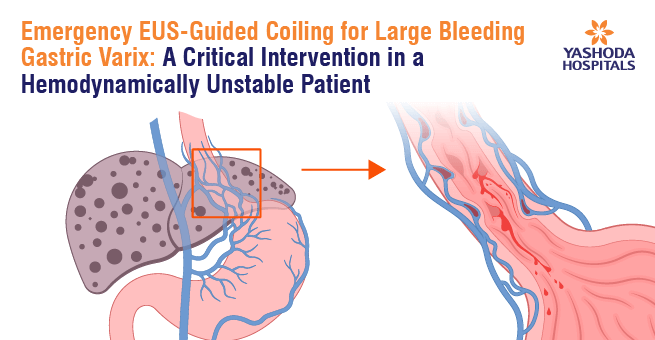
Clinical Presentation
The 54-year-old male presented with a gastric variceal bleed, marked by hemodynamic instability and a haemoglobin level of 4.5 gm%. The patient underwent immediate hemodynamic stabilisation and received a transfusion of packed red blood cells (PRBC) to address the critical anaemic state.
Treatment Approach
Emergency endoscopy revealed a large gastric varix with clear signs of recent bleeding (Image 1)
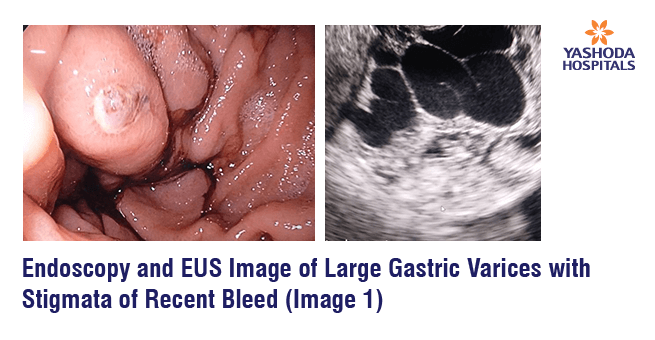
The attached image illustrates the severity of the condition. Subsequent endoscopic ultrasound (EUS) was performed, confirming the presence of a large gastric varix along with the identification of the feeding vessel (Images 2 and 3). Subsequently, there was complete occlusion of the gastric varix (Image 4).
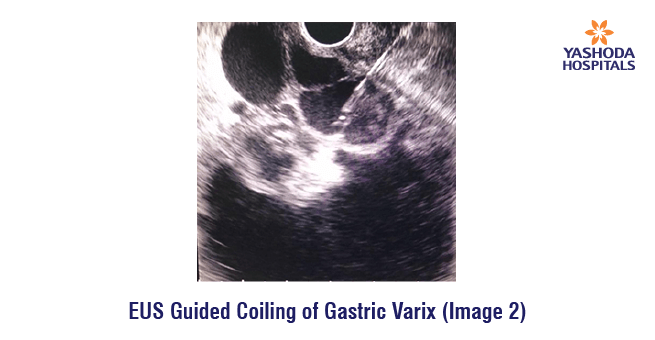
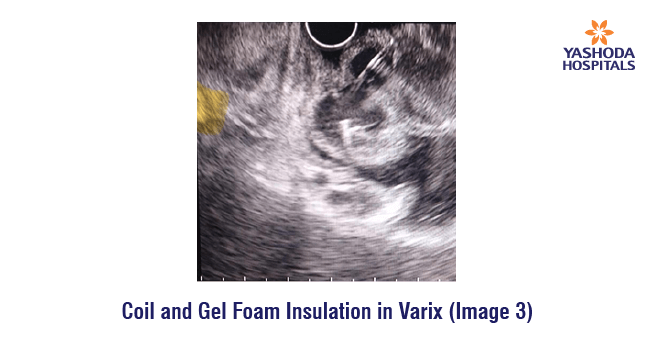
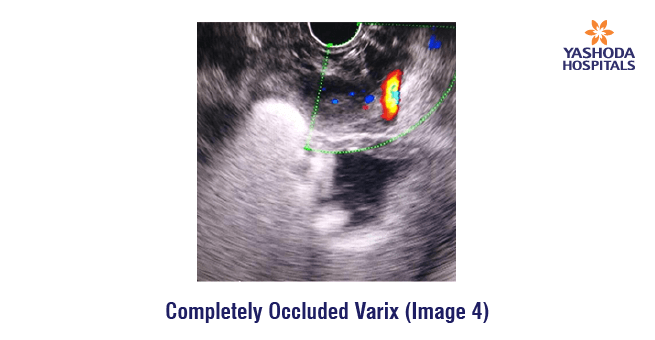
To address the identified issues, EUS-guided Coiling and Gelfoam Insulation was performed as an effective intervention.
Following the procedure, the patient was carefully monitored in the intensive care unit (ICU) to ensure a successful recovery. With successful intervention and post-procedural care, the patient’s condition improved significantly, allowing for subsequent discharge.
Conclusion
This case highlights the critical importance of timely intervention in managing large bleeding gastric varices, showcasing the successful use of EUS-guided coiling in a hemodynamically unstable patient as an emergency procedure. The approach not only stabilized the patient but also led to a favourable outcome, emphasising the significance of swift and precise medical responses in such cases.
About Author –




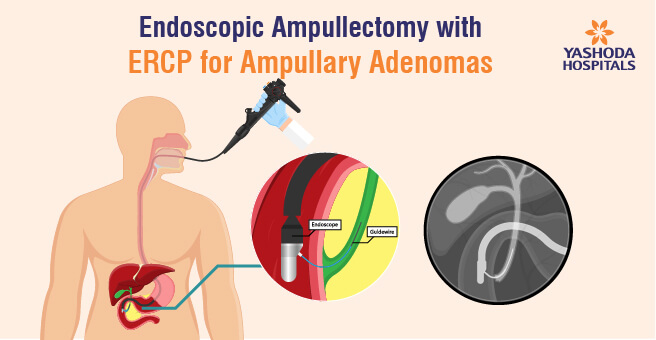
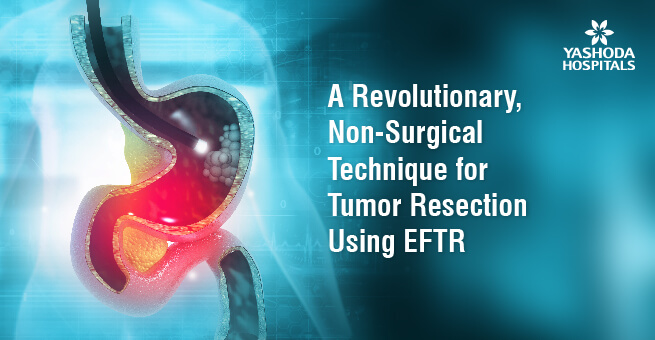
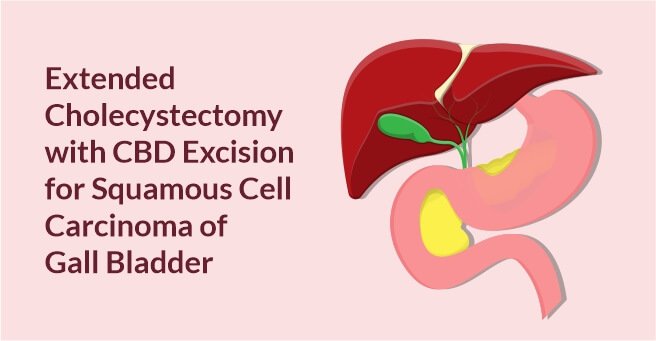
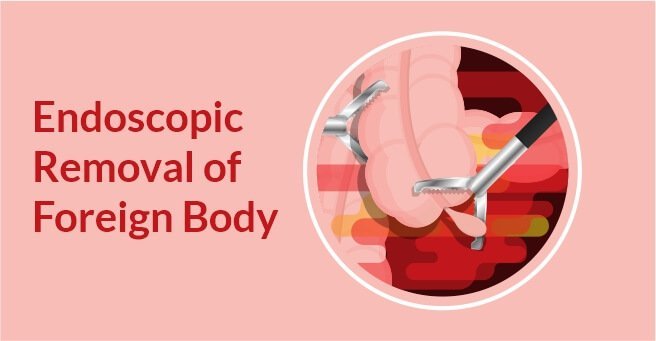
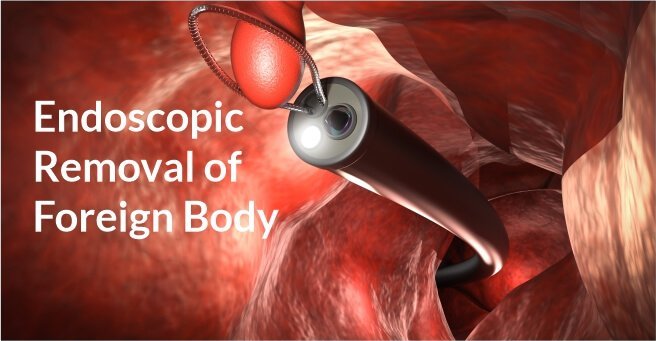
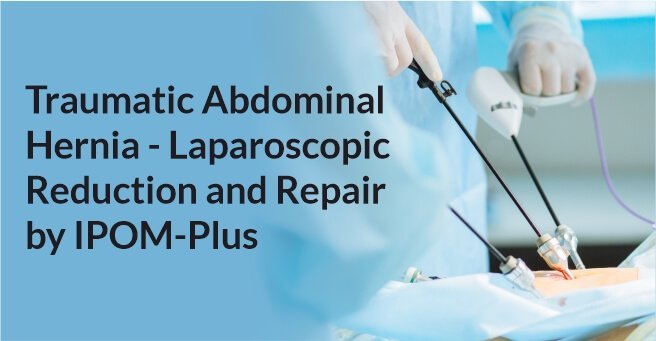
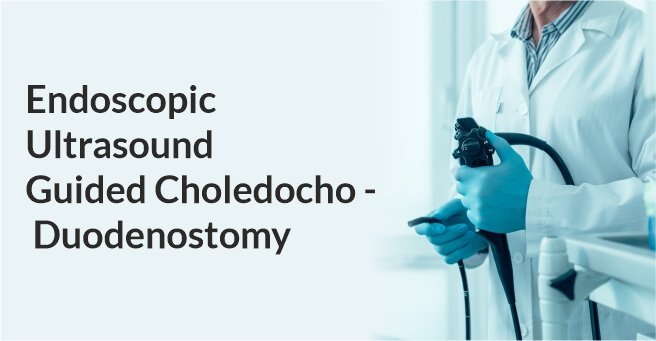
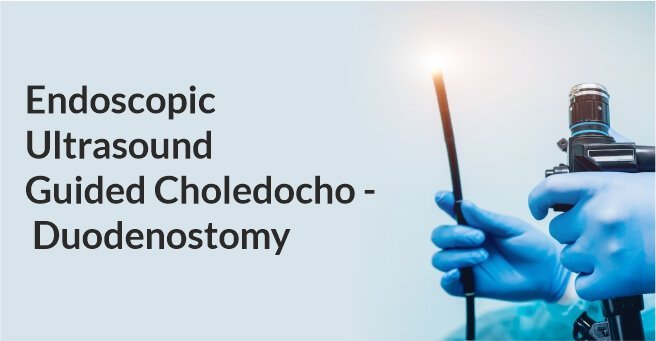
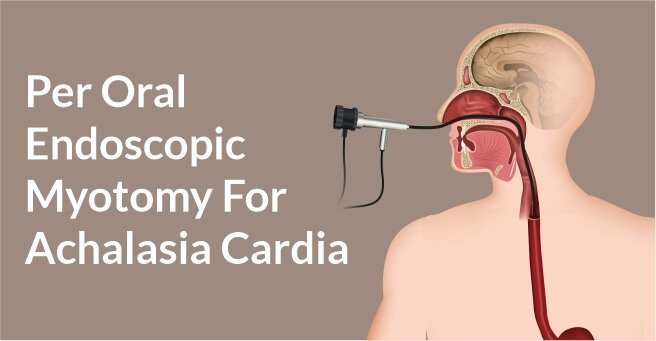
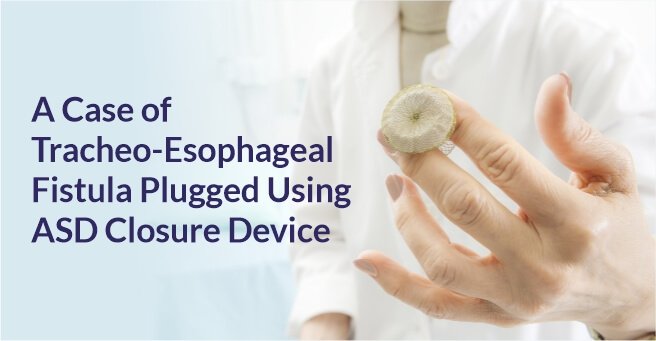
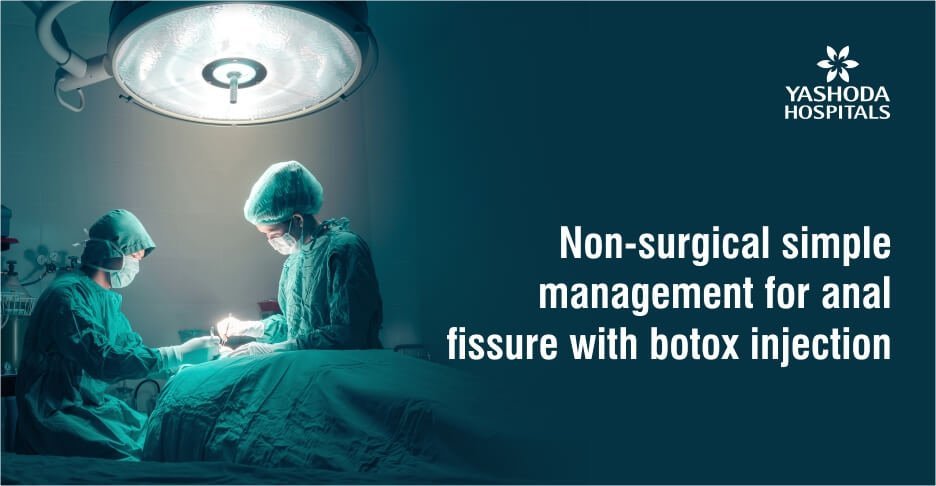
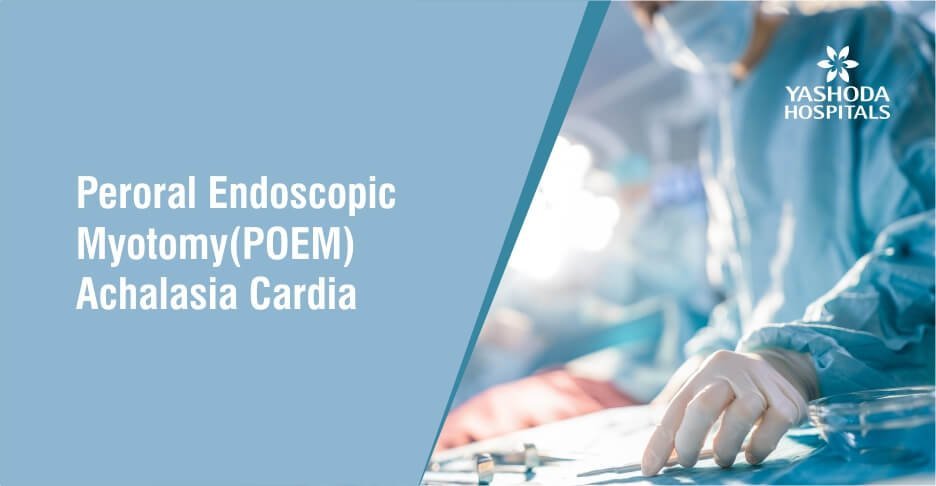
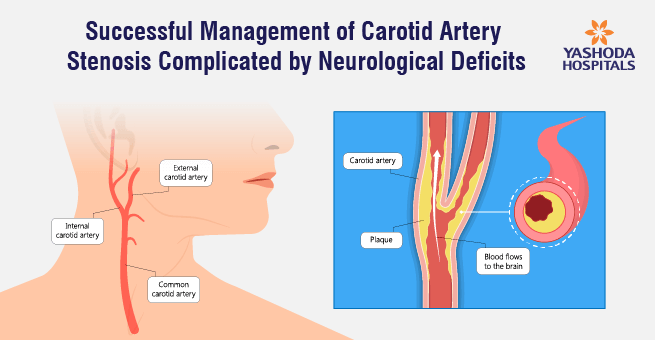
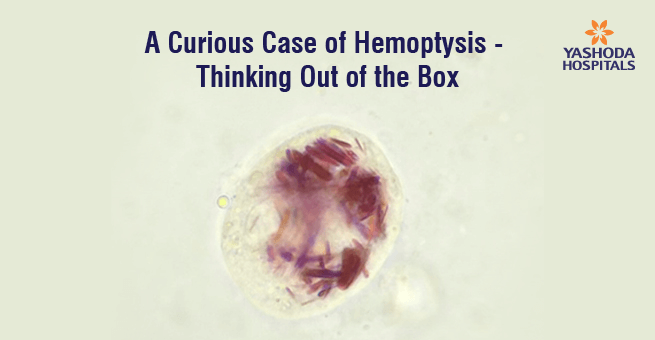
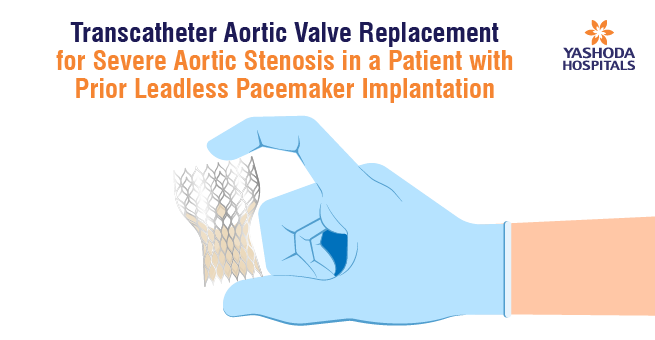
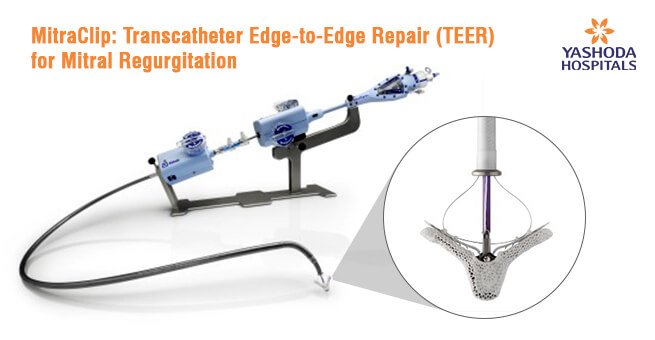
 Appointment
Appointment WhatsApp
WhatsApp Call
Call More
More

